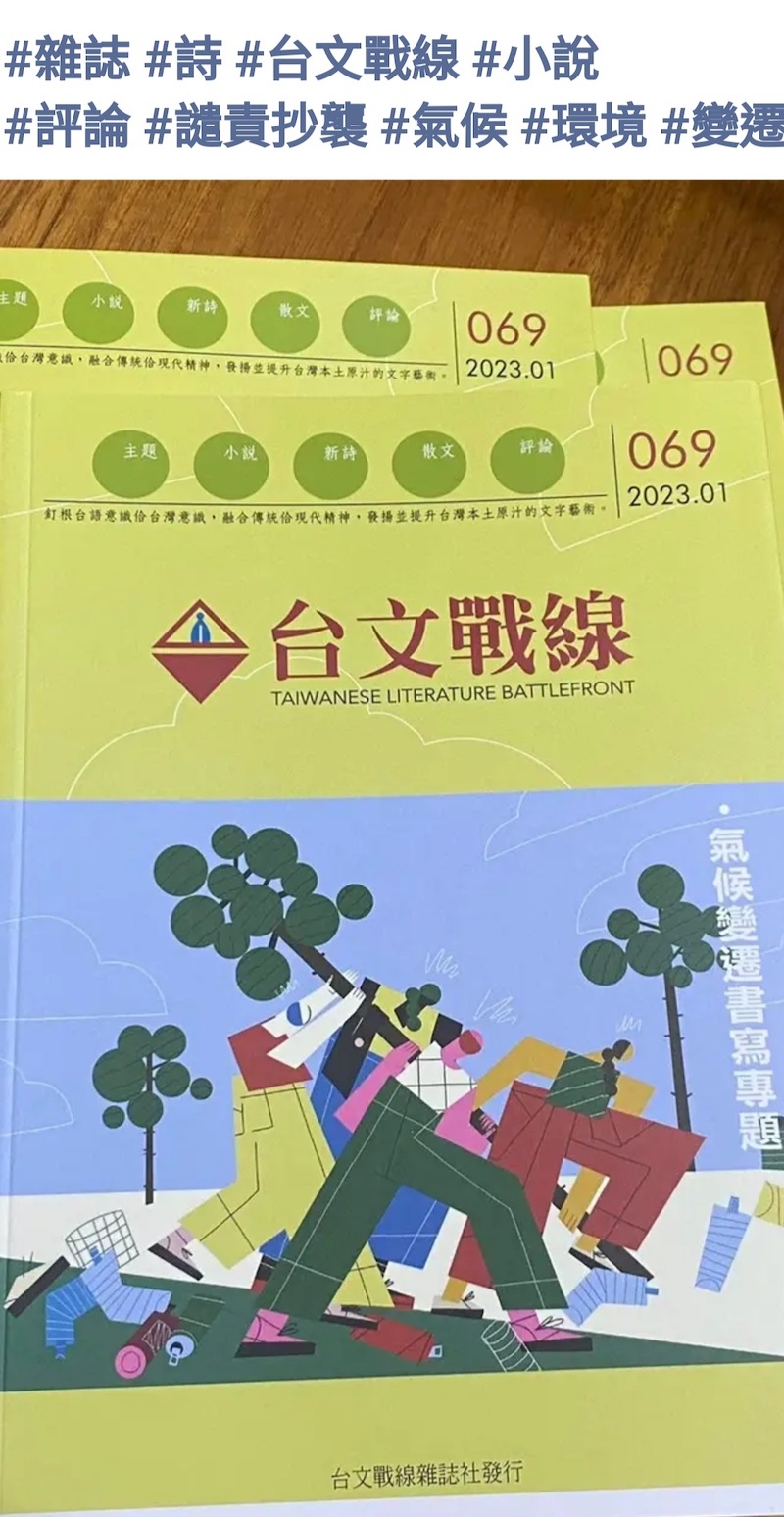Bibliographical cornucopia for linguists, part 2
- "Context Shift, Word Drift: The Meaning Transference of the Word Prèet in Thai Society." Kumhaeng, Korrakot et al. Humanities and Social Sciences Communications 12, no. 1 (July 8, 2025): 1050. https://www.nature.com/articles/s41599-025-05454-y.
This research investigates the semantic change and conceptual metaphor of the Thai word prèet (/เปรต/), which originates from the Pali-Sanskrit term meaning “departed.” The primary objective is to explore how the term’s meaning has shifted in contemporary Thai society, where it is now used pejoratively to criticize behaviors such as excessive greed, gluttony, immorality, and social deviance. Data for this study are drawn from both historical texts, particularly the Traibhumi Phra Ruang (a prominent Thai Buddhist text from the 14th-century Sukhothai period), and modern Thai linguistic usage. The analysis employs conceptual metaphor theory, focusing on metaphors like SOCIAL DEVIANCE IS MONSTROSITY, MORAL FAILURE IS DEGRADATION, GREED IS HUNGER, and SPIRITUAL LIMINALITY IS MONSTROSITY. to understand how these shifts reflect changing cultural and societal values. Additionally, Impoliteness Theory is applied to examine how prèet functions as a linguistic tool for social critique. Findings show that the semantic evolution of prèet reveals an intricate relationship between language, culture, and metaphor, as it transitions from a religious concept to a vehicle for social commentary. The implications of this study highlight the dynamic nature of language in reflecting societal shifts.
Read the rest of this entry »

